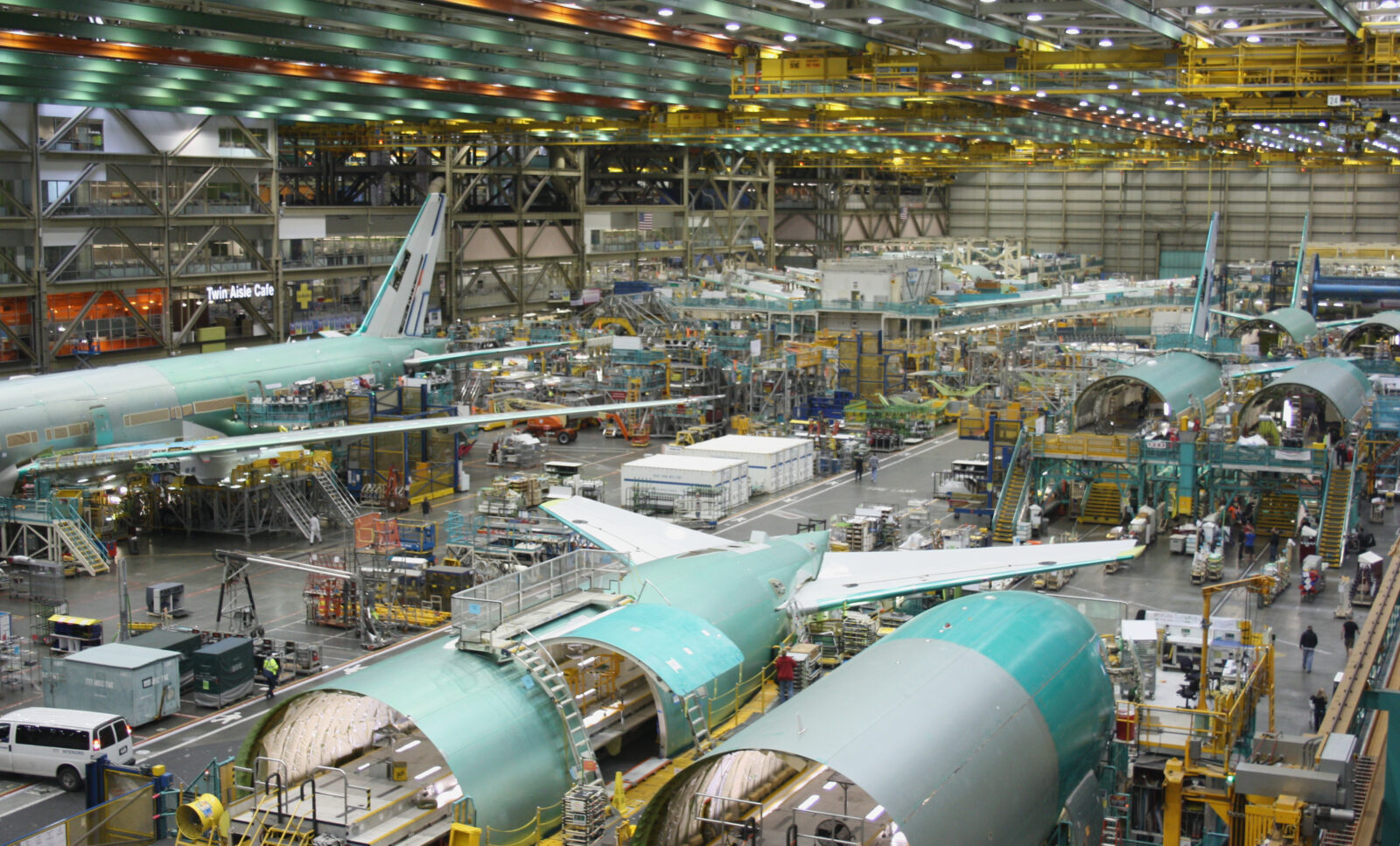
Boeing will plead guilty to a criminal charge of defrauding the American government, which can be traced back to an investigation into the fatal crashes of the Ethiopian Airlines and Lion Air 737MAX airliners in 2018 and 2019.
The plea deal comes just months after the Department of Justice (DOJ) announced that it was officially investigating Boeing for allegedly breaching a Deferred Prosecution Agreement (DPA) meant to resolve the 737MAX criminal prosecution.
Under the terms of the DPA, Boeing was required to strengthen its compliance programs to dramatically improve quality and safety at the beleaguered aircraft manufacturer. However, that part of the deal was called into question following the mid-cabin exit door blowout on Alaska Airlines flight 1282 on January 5.
Boeing is now accepting a federal criminal charge and under the terms of the plea deal, the manufacturer will pay an additional $243.6 million fine – the exact same amount that it paid to swerve a criminal charge when it agreed to the DPA.
A judge will have to approve the plea deal and the fine amount that Boeing is due to paid, along with requirements for Boeing to invest $455 million to improve its compliance and safety programs.
In a statement, a spokesperson for the DOJ explained that the plea agreement, unusually announced on a Sunday night, only covered events leading up to the DPA and does not absolve Boeing for blame over other potentially criminal safety incidents in the years after.
In other words, that still leaves the Alaska Airlines exit blowout in scope for a potential criminal prosecution if prosecutors discover serious wrongdoing.
The plea deal also only covers Boeing as a corporation, and individual executives could still potentially be prosecuted.
A judge is set to review the plea deal on July 19, although some of the relatives of those killed in the Ethiopian Airlines and Lion Air crashes have slammed the agreement as a ‘sweetheart deal’ and are calling on federal judges to reject the plea deal.
If the criminal prosecution had been pursued in court, prosecutors would have focused on the “fraudulent and deceptive conduct” of Boeing employees who helped to convince regulatory officials and airline customers that there wasn’t any major difference between the best-selling 737NG and 737MAX.
In fact, there was a major difference in the Maneuvering Characteristics Augmentation System (MCAS) that had been added to the 737MAX which significantly impacted the flight control system.
MCAS was attributed as a major cause of the crash of the Ethiopian and Lion Air 737MAX jets because the pilots didn’t even know the system existed or how to react to it.
Mateusz Maszczynski honed his skills as an international flight attendant at the most prominent airline in the Middle East and has been flying ever since... most recently for a well known European airline. Matt is passionate about the aviation industry and has become an expert in passenger experience and human-centric stories. Always keeping an ear close to the ground, Matt's industry insights, analysis and news coverage is frequently relied upon by some of the biggest names in journalism.








If Matt expected Boeing to be perfect in it’s production of the 737 MAX 9, readers might also expect Matt to proof read his articles before they are published.